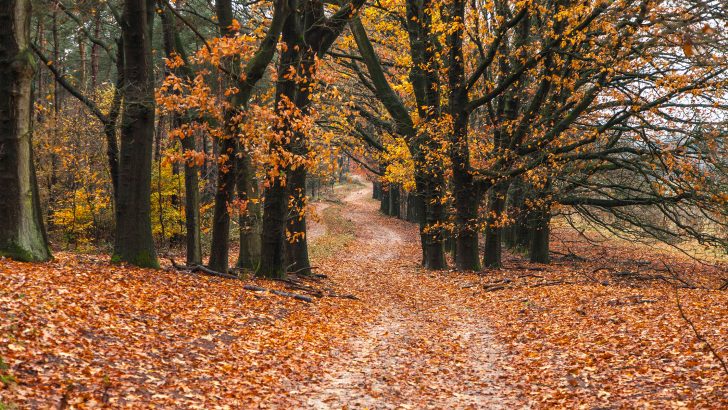Gerard Gallagher
By the time we get to October many of our conversations cite how tired we are of the routines of life. Some people look forward to mid-term. Others just want to survive till the Bank Holiday. As we all begin to reconnect with the new normal in a life with less restrictions, it is a good time to pause. It is a suitable time to take stock of what we might have learned about ourselves and our families during the Covid-19 restrictions. Many families are tired too with the seemingly endless groundhog days of routine.
A recent news report suggested that our collective carbon foot print has increased now that we are back running around. Many people back to their workplace and routines as before. Traffic has increased. Everything we do we are told impacts on our personal carbon footprint. Does it have to be this way?
Recently Archbishop Farrell in Dublin published a pastoral letter to coincide with Season of Creation, ‘The Cry of the Earth – The Cry of the Poor’. Whilst not many know about it, he does make the point that we all need to “look at the crisis” in our world from the perspective of faith and God. He connects two crises of our time, the pandemic, and the crisis of ecology. He challenges all believers to become part of what he calls, “the call to action”. He notes that we live our faith today in our time. So, it is today that we need to act. Not tomorrow.
Following on from the events that marked our recent ‘Season of Creation’ in our families and friendship circles we can look at what we can do better or differently now we are all reconnecting.
Pope Francis in Fratelli Tutti, his encyclical on fraternity and social friendship, points out that we cannot change our lives or live lives in isolation. He challenges us to reflect on the parable of the Good Samaritan and notice the person who saw something wrong and acted. We are all called to act. He asks us to work together in our actions. That is where you and I come in. Our families can decide to be effective in our world. As Pope Francis says, ‘Let us dream, then, as a single family.’
I mentioned in an earlier piece about praying together at the kitchen table, even by a simple prayer of grace. Conversation takes place at the table. Imagine if our families started a conversation about choices and actions to improve the world that we live in. This can make a difference. This is a first step. This is the action part. Children are very much aware of the climate change. Teenagers have acted by taking part in protests on Friday to raise awareness on the environment. Imagine if families tried to act like the Samaritan and not only see the problem, but also act.
We all know we need to change our behaviours. At this stage we know that we should switch off unnecessary lights and recycle more efficiently. But let us look at that word dream. In October could we dream about how we can be more environmentally friendly as we celebrate Halloween? Do we really need all those bonfires? Will our parties and our games of trick or treat be the same as before, or can we imagine how we might celebrate these festivities with less of a carbon footprint.
These traditions and rituals can be reviewed as a family at the kitchen table. Can you or your family look at the ‘ecological crisis’ and see what your family can do differently? You can still have fun and memories, but do they really have to have it the way it was. You see, if we do not modify small actions at home, how can we as a Christian family make a difference if we don’t change.
Rather than wait for our government to impose change, why not begin this week, and start a conversation about priorities that make a difference and start at the kitchen table. If each of did this, we can be like the Samaritan who saw and acted. We know we need to save the planet and our common home. Let us now act and create a new normal where our families, parishes and communities of faith witness to this for the common good of all.
Gerard Gallagher is a Pastoral Coordinator in the Archdiocese of Dublin.



